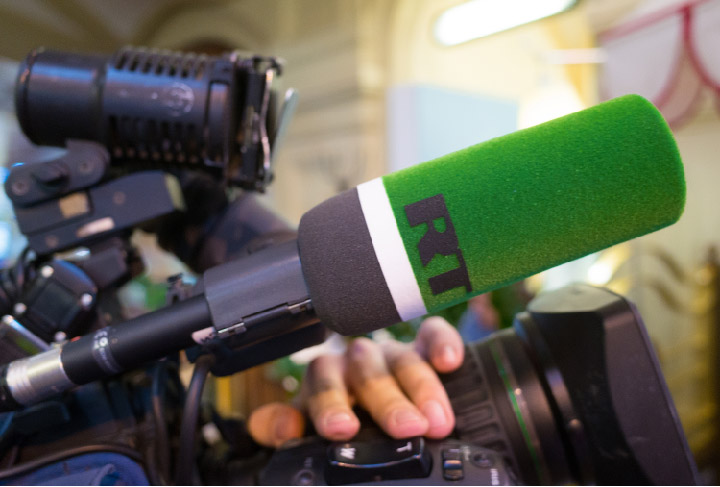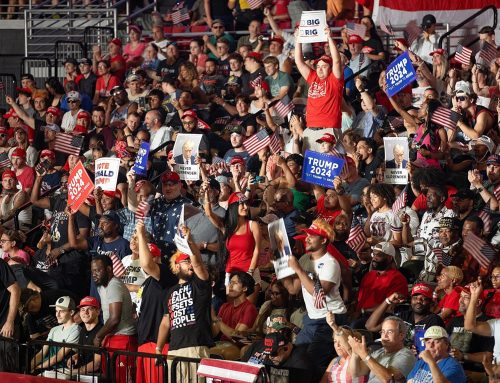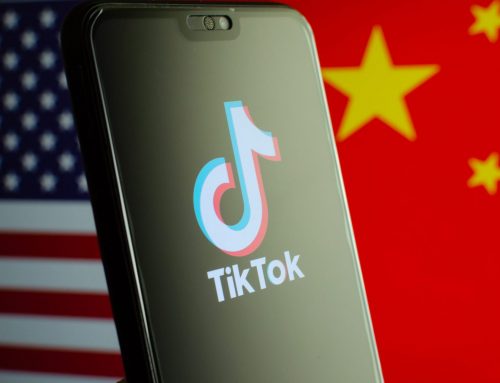Major news events covered last week by the Russian, Chinese, and Iranian networks monitored on the Hamilton dashboard included the Democratic National Convention, past and present geopolitical developments in the Middle East, the alleged poisoning of Russian opposition figure Alexei Navalny, U.S.-China tensions over Huawei, and the ongoing protests in Belarus (covered in a forthcoming ASD blog post). Although coverage of the Democratic convention was limited, Russian state media played up the supposed lack of enthusiasm for a Biden-Harris ticket among progressives and painted the candidates as part of the pro-war, Washington establishment. Efforts to emphasize and/or manufacture divisions within the Democratic Party—long a staple of Russian messaging—were most evident in a series of articles on the potential formation of a third party from “disaffected” Democrats, as well as in one article suggesting tensions between the Biden and Obama camps. While Chinese state media presented a more positive image of the Democratic ticket and suggested that a President Biden would be “smoother” for Beijing to deal with than President Trump, they also emphasized the generational split within the Democratic party and criticized the DNC for not endorsing the “one-China” principle. Iranian messengers largely ignored the convention, instead directing their ire towards the announcement of the normalization of relations between Israel and the United Arab Emirates. The coverage was universally negative and emphasized protests against the agreement in Iran, Yemen, Gaza, and elsewhere. The other main theme in Iranian outputs was a hodgepodge of both current and historical accusations against the United States, including tweets from Foreign Minster Javad Zarif castigating the United States on the anniversary of the coup that overthrew Iranian Prime Minister Mossedeq, citing John Bolton’s book as evidence of American hipocrisy on the Iranian nuclear deal, and accusing the United States of piracy. Russian state media and diplomats also criticized U.S. efforts to reinstate sanctions on Iran, portraying the United States as isolated, and, in particular, emphasizing that traditional U.S. allies the U.K., France, and Germany did not support the U.S. position. Moscow’s messengers also disputed allegations (which were later confirmed) that Alexei Navalny had been poisoned, framing the allegations as mainstream media propaganda. Finally, China’s diplomats rallied to the defense of Huawei, criticizing the continued detention of Meng Wanzhou (Huawei’s CFO), while promoting Huawei as an innovative company committed to the development and wellbeing of other nations—particularly those in Africa.
The views expressed in GMF publications and commentary are the views of the author alone.








